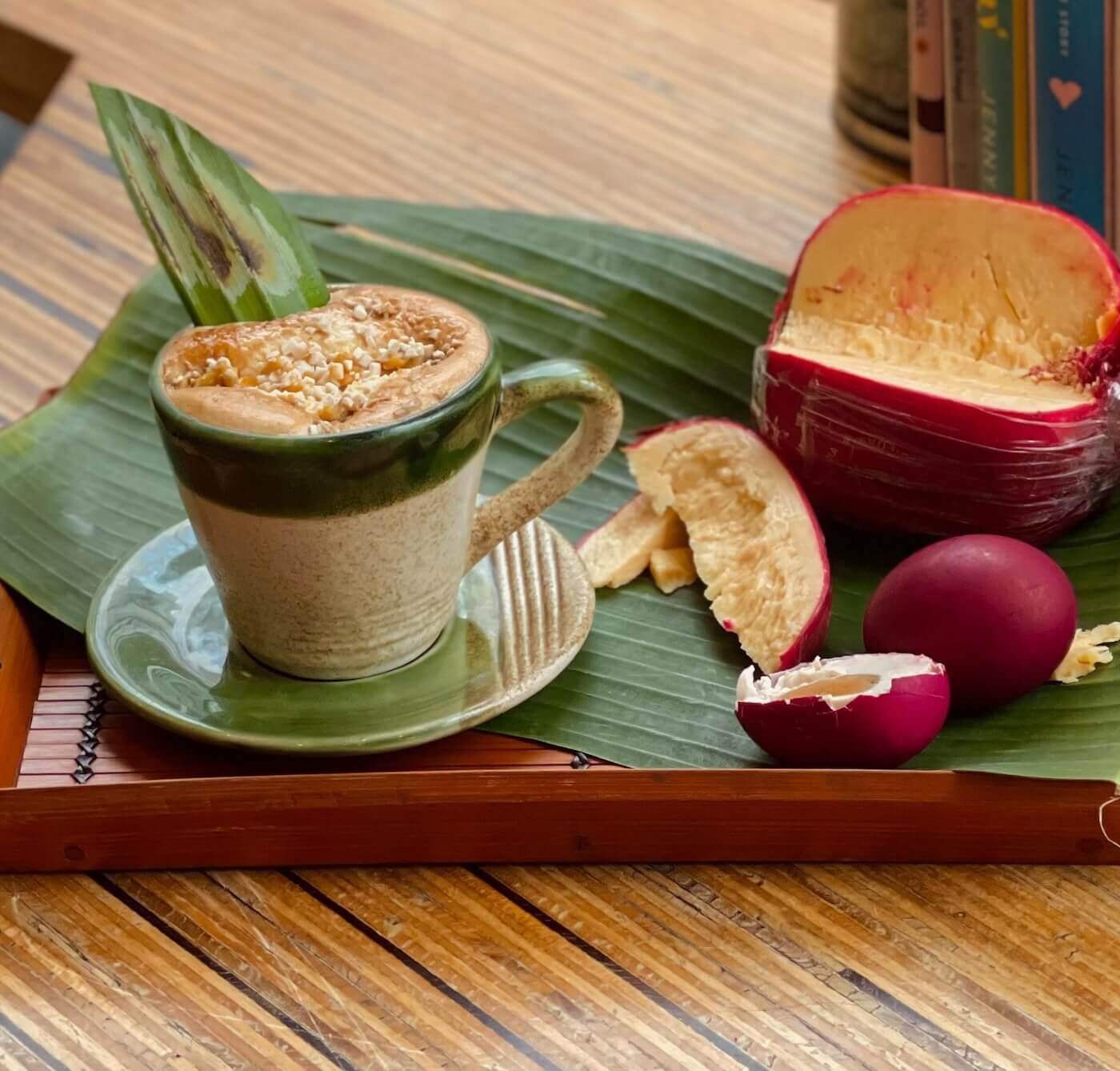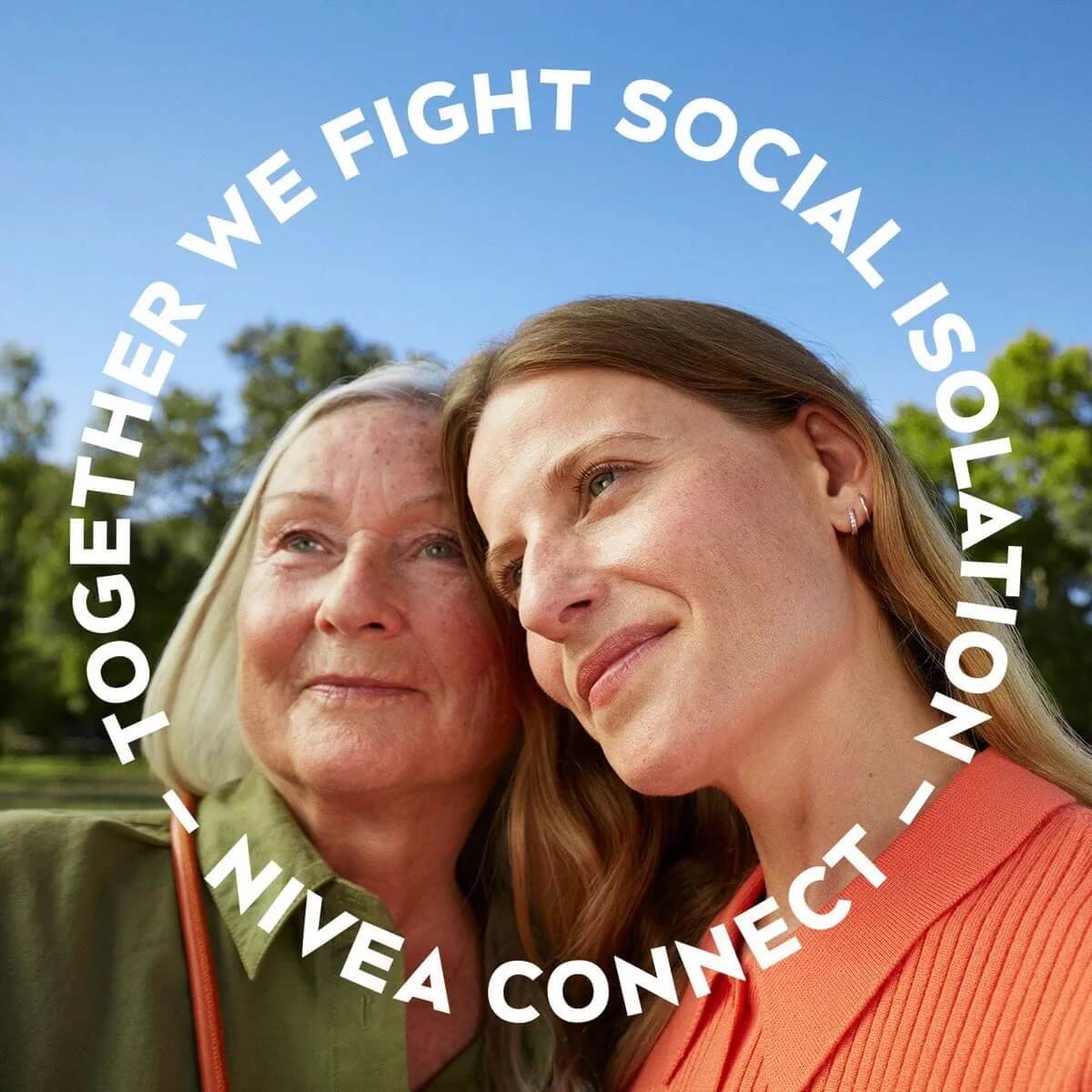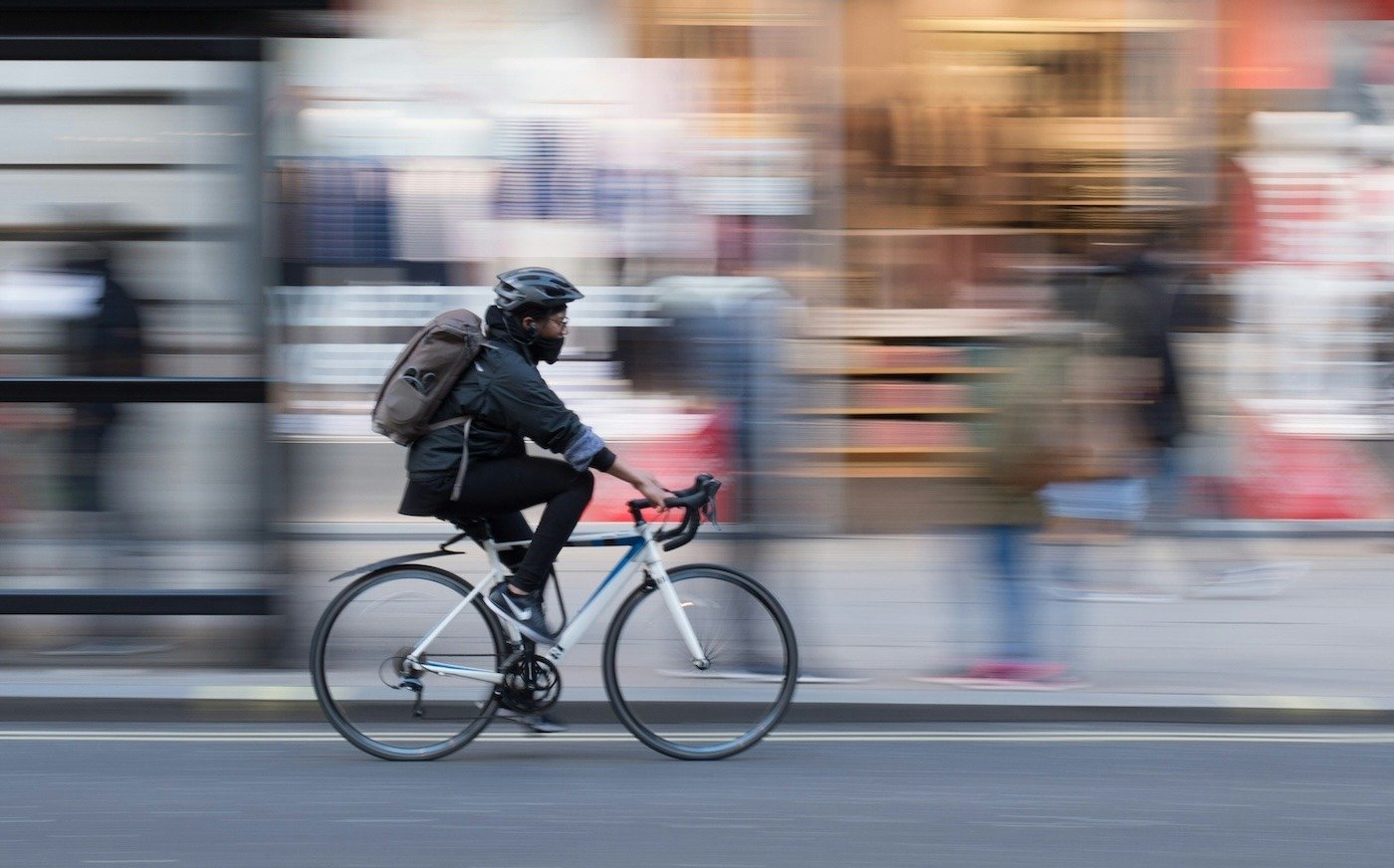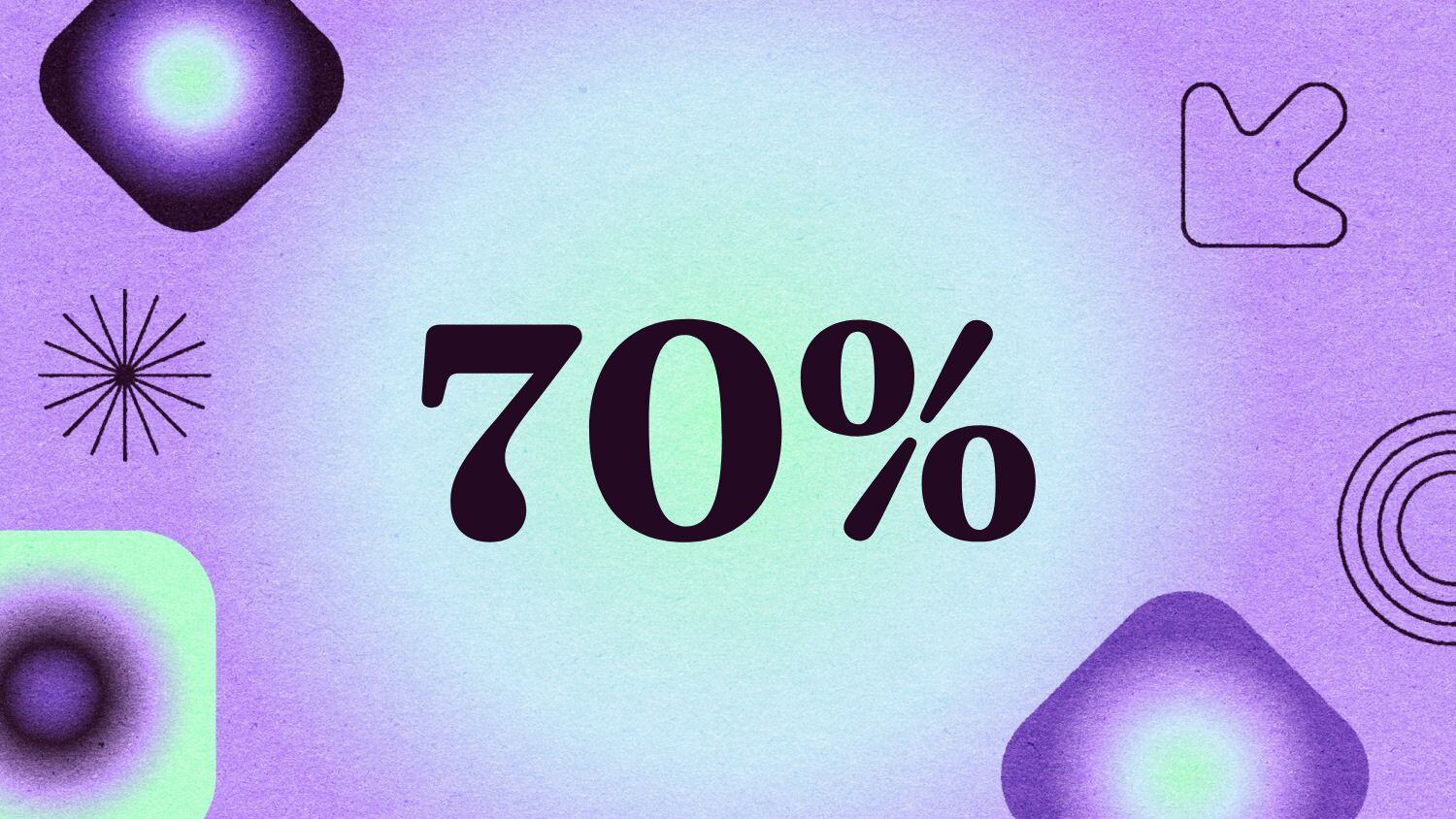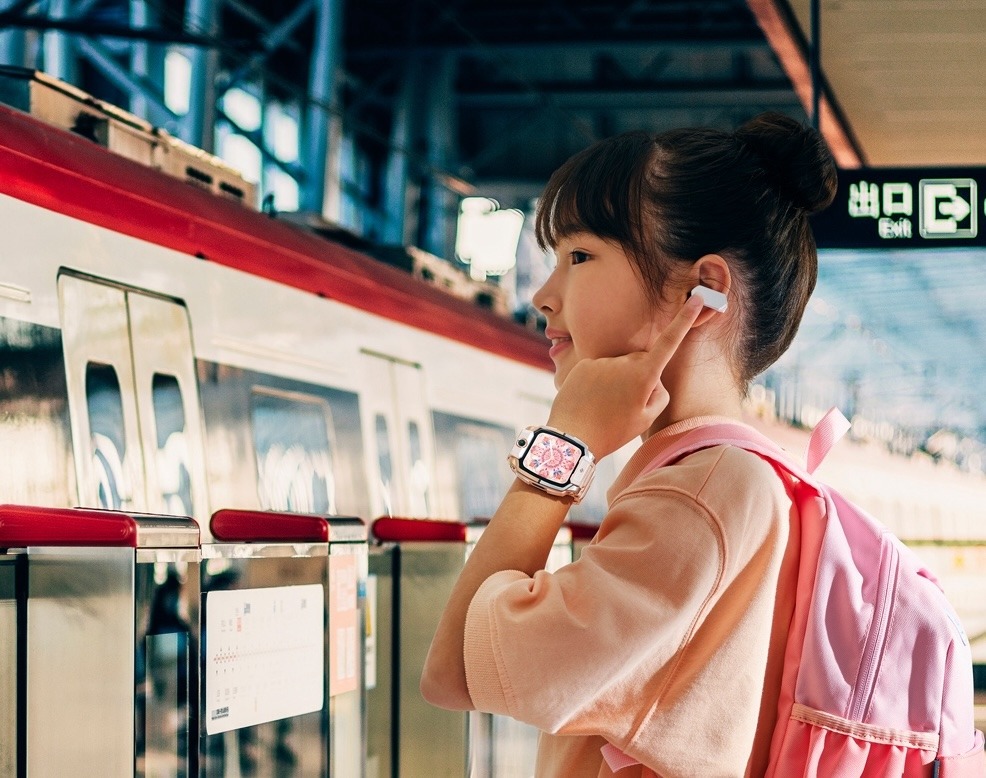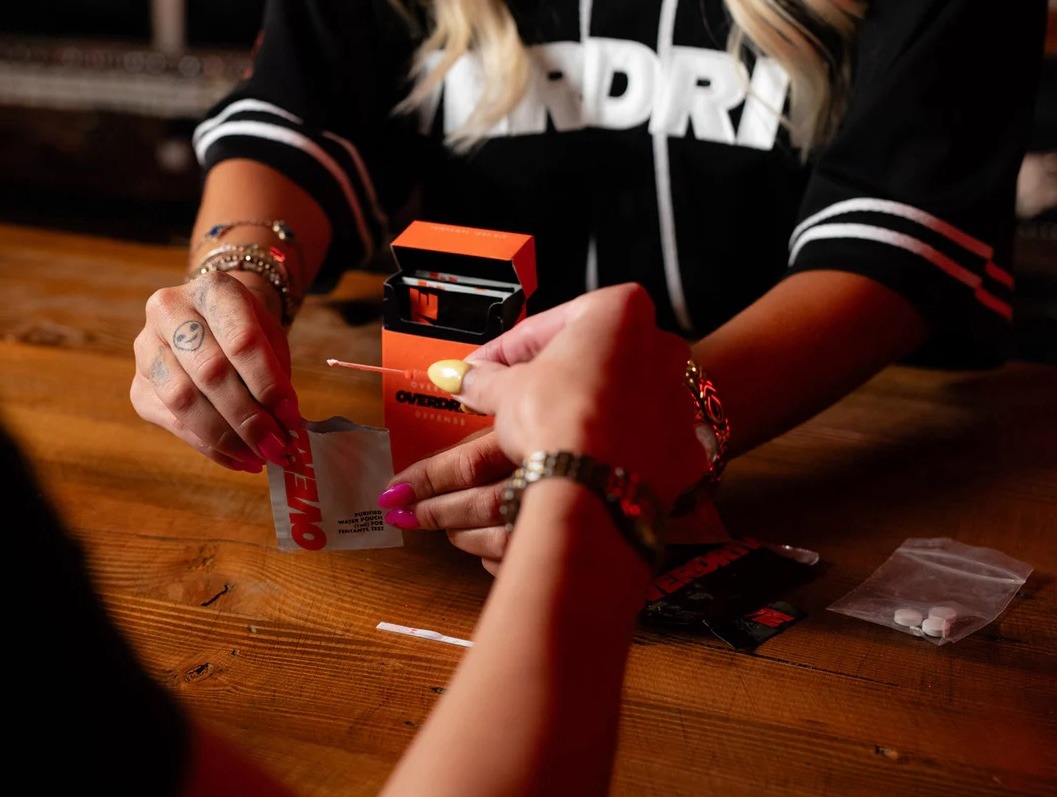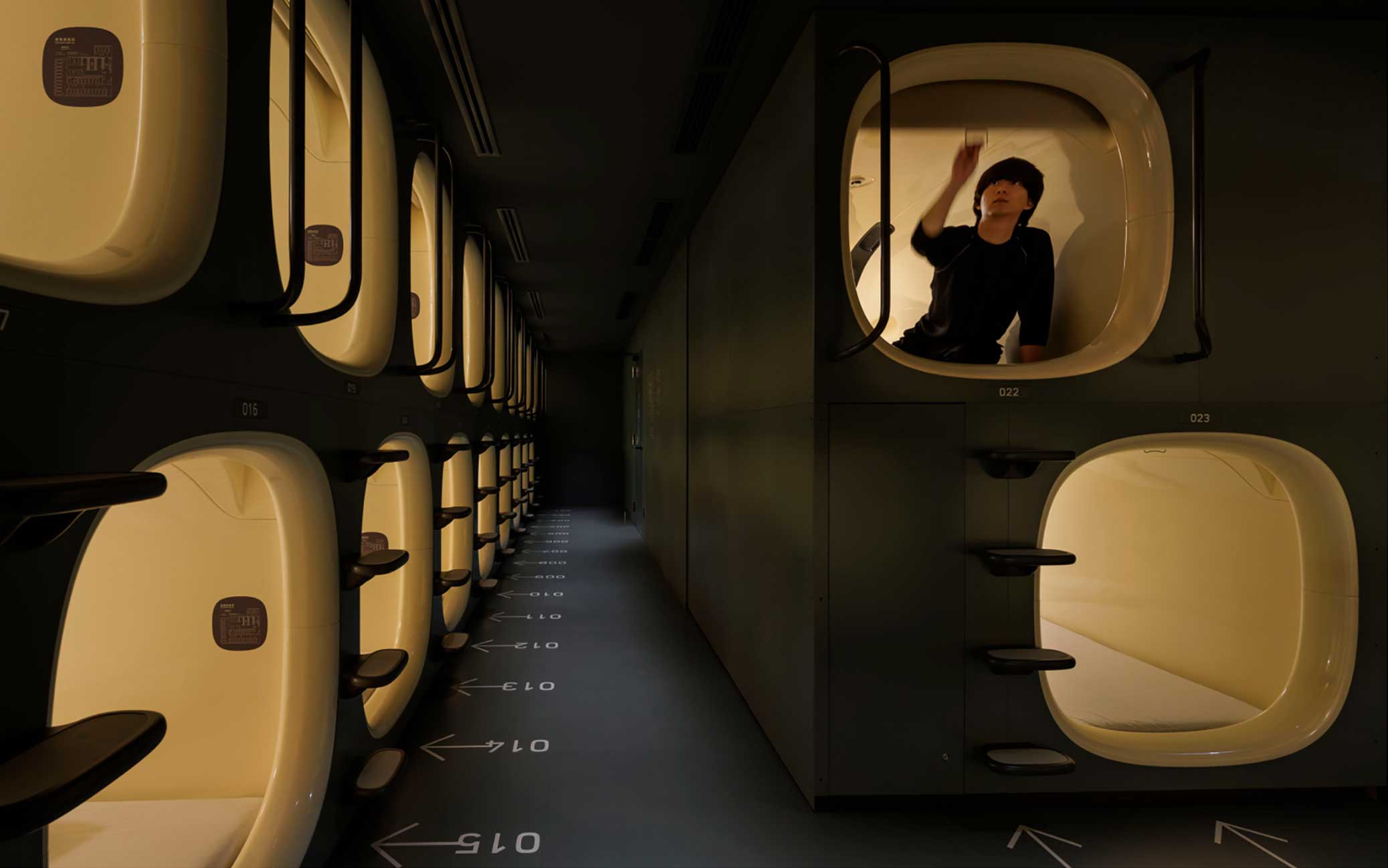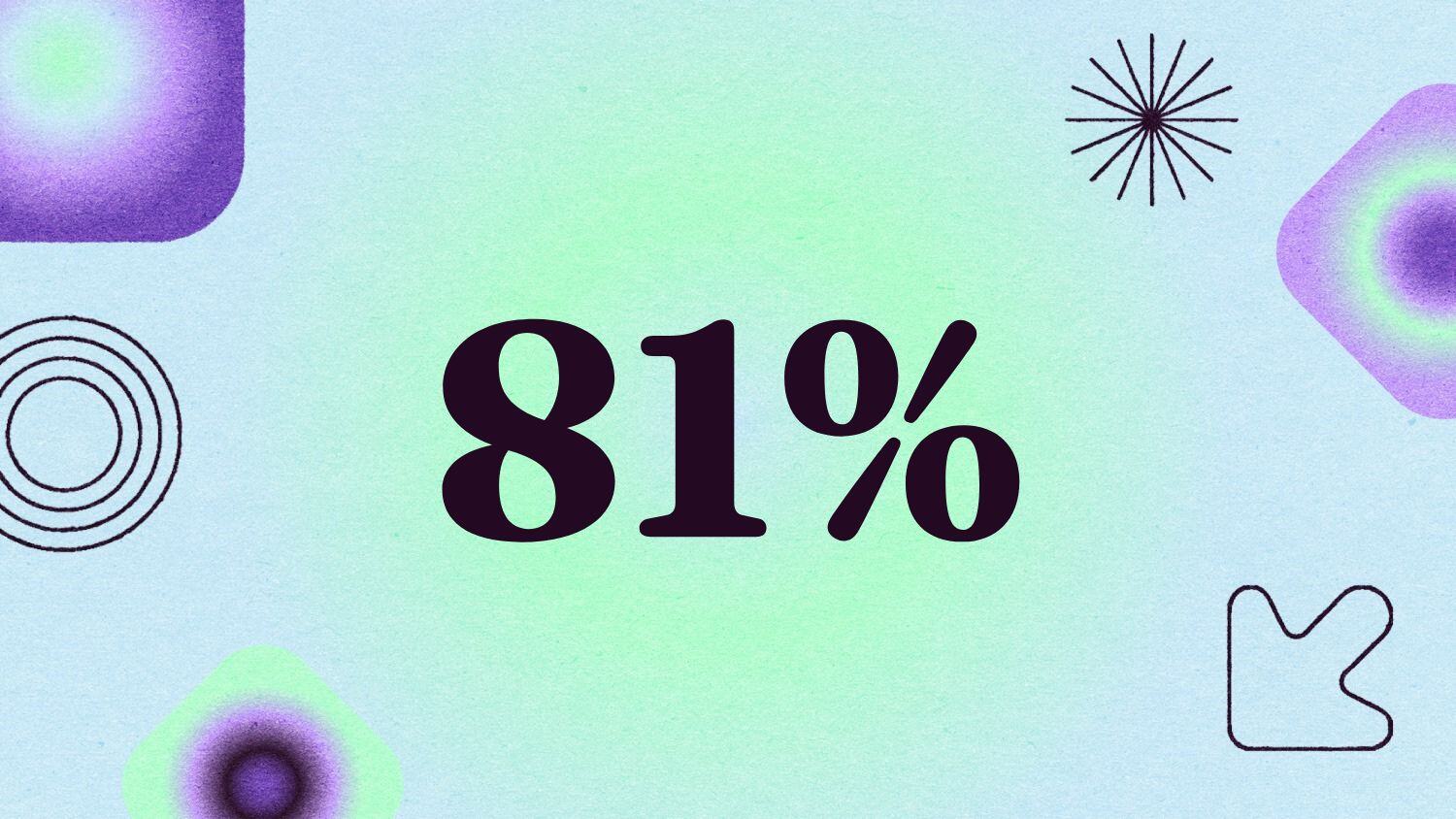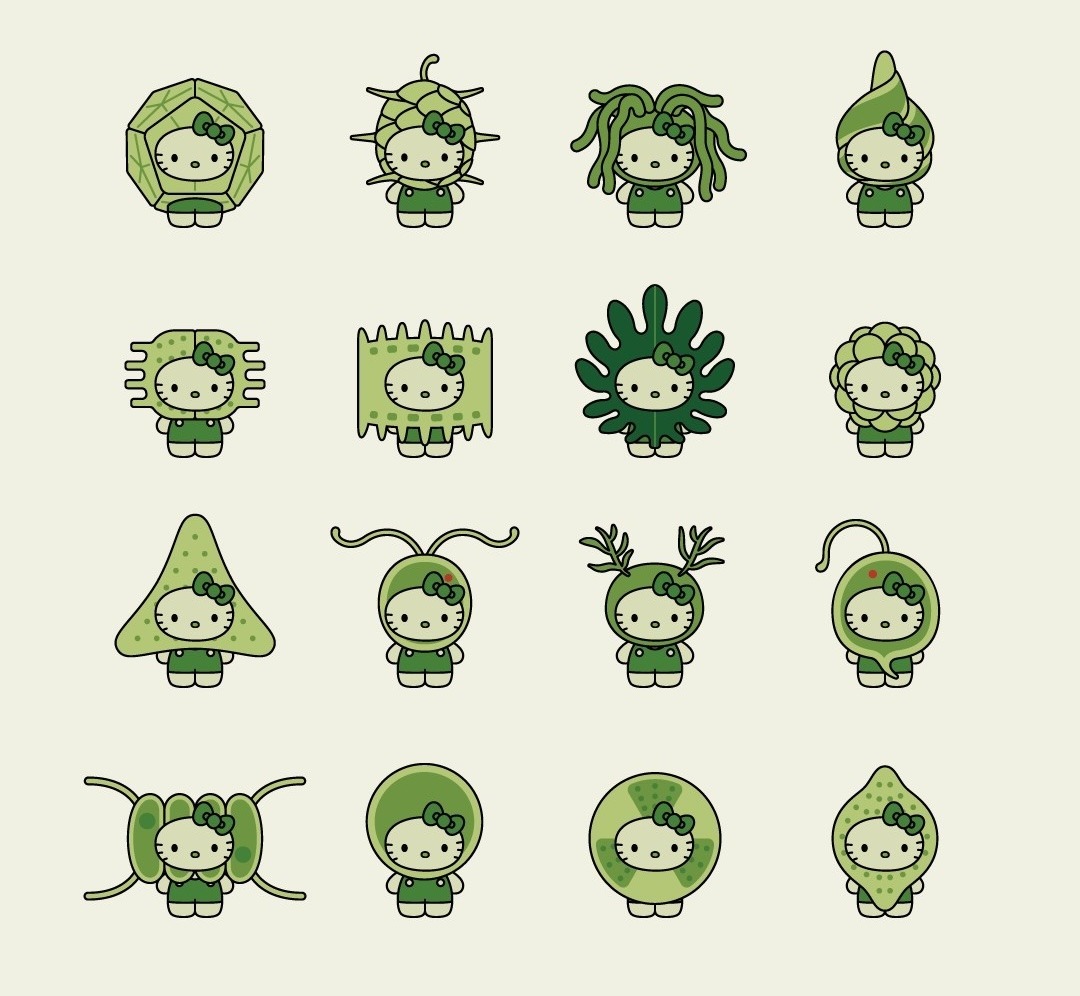In the Philippines, the Christmas season spans the entire length of the 'ber' months, starting in September. To celebrate the unofficial yet widely-embraced start of the festive period, Manila-based cafe and coffee roaster Commune teamed up with Google Philippines on a limited edition Bibingka Latte. Drawing inspiration from a traditional Filipino Christmas delicacy, the espresso and steamed milk drink is topped with shredded queso de bola and salted egg, and decorated with a torched banana leaf.
Bibingka Latte was created using Gemini, Google's generative AI model. Gemini drafted various drink concepts, which Commune's baristas then refined. Google also trained Commune staff on AI applications to help them craft innovative new beverages. Aside from serving as a reminder that the end of another year is fast approaching, the collaboration highlights three takeaways for brands to consider. First, cultural micro-moments, like the start of the 'ber' months in the Philippines, are important organic milestones. More localized and bottom-up than the standard holidays marketers are accustomed to activating, they resonate deeply with consumers. How might your brand engage with cultural micro-moments that matter to your audience?
Secondly, using generative AI to spark new ideas that workers can run with demonstrates the power of combining artificial intelligence and human creativity — and the resulting real-world products make AI's potential tangible to consumers. Finally, Google and Commune's partnership underscores the importance of working with diverse entities to explore how new technologies can benefit to society. The combination of generative AI, Filipino coffee and festive treats might not have been on your 2024 trend bingo card, but it's time to consider which communities your brand can collaborate with to push innovation boundaries.

